No products in the cart.
Leadership Secret #2
How important is trust in the workplace? Neuroeconomist, Dr. Paul Zak, scientifically has shown that trust exponentially improves leadership effectiveness and team performance. Check out his article entitled Brain Trust it covers the science of how to build trust in your organization.
The reason we’ve called Trust a leadership secret is because it’s the foundation of everything you do as a leader. If you haven’t built trust with your people, then it doesn’t matter how effective your communication skills are, how many times you repeat a message or how fantastic your ideas are. When trust is absent, it slows everything down.
Stephen Covey wrote about Trust in his book, the Speed of Trust which is based on the research of Dennis and Michele Reina. This dynamic duo unpacked significant insights into building effective relationships in your organization.
What do you need to know about Trust?
- Trust Builder – Accept People, Learn from Mistakes, and Celebrate Success. This is a great big crunchy nugget! Acceptance is one of those reciprocal behaviors. When people know that they are accepted they feel safe and can open up. When people are open they can feel free to take more risks and when mistakes happen, it’s easier to learn from them. The reverse is true. Without acceptance, people are more cautious about taking risks and mistakes are often hidden or covered over so there is no learning. The final crunch in this nugget has to do with celebration. Make the time to praise or recognize what’s going right. Our tendency is to constantly look for what’s wrong and make suggestions for improvement. ACTION: Try finding “what’s right” and recognizing it for a week. We bet that this will exponentially improve trust, fix what’s wrong and get more of what’s right!
- Trust Builder – Authenticity. You must know who you are so that you can show up and be authentic. The ability to be trustworthy begins with trusting yourself. You cannot fully trust yourself if you don’t know yourself. When you know yourself, you trust yourself. When you trust yourself your confidence increases. Increased confidence enables you to fulfill your expectations and others expectations of you. ACTION: trust is reciprocal. You must give to get. Make sure that you’ve done the work you need to do to trust yourself. Then be open and real with those around you.
- Trust Builder – Say What You Mean and Keep Your Word. It sounds simple but it takes a lot of discipline to manage expectations by making your “yes mean yes and your no mean no.” It sounds simple but being consistent and keeping your agreements is a consistent challenge for leaders we’ve coached. ACTION: check in with your team and see how they experience your consistency. Establish clear decision-making boundaries and set expectations about how people contribute to decisions. Be clear about whether your team is providing information or involved in the decision.
- Trust Buster – Gossip. A workplace filled with words spoken behind people’s backs is a workplace rife with stress, productivity drain and tension. Don’t tolerate this deadly trust destroyer. When someone brings you an issue, encourage them to talk to the person themselves. If they are uncomfortable then offer to accompany them. When you accept gossip you become part of the problem. ACTION: speak respectfully of everyone and clearly express your unwillingness to listen to gossip.
- Trust Buster – the GAP between actions and words. Workplace cynicism grows rampant when leaders say a lot of good things and don’t back it up with action. For example, there is the often stated, “people are our most important asset.” Besides people NOT being assets, leaders who say this often act in ways that contradict this statement. For example, they micro-manage and expect that their people will do what they are told rather than involving them in making changes. ACTION: review your values on a regular basis and assess your behavior against them. Pick one action per month that demonstrates your values and practice it regularly.
The list could go on but you get the idea. There are specific actions that build trust and other behaviors that break it down. As you reflect on your leadership, are you intentionally building an environment of trust?


